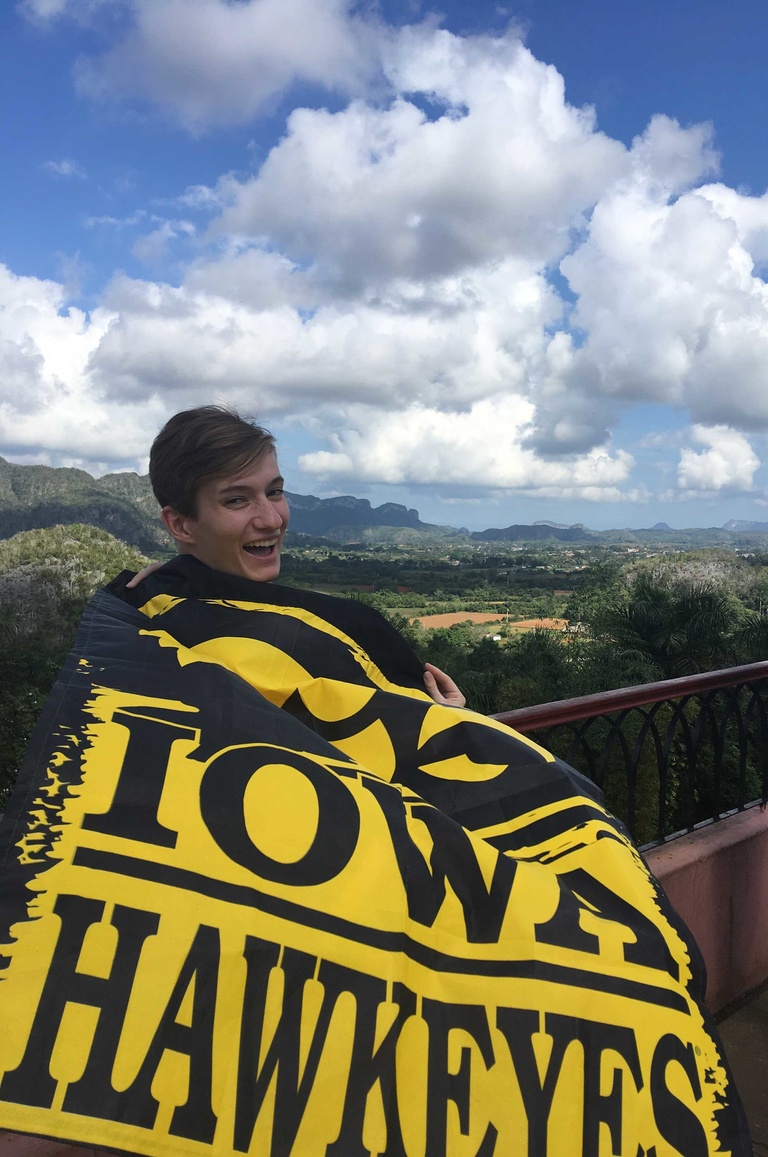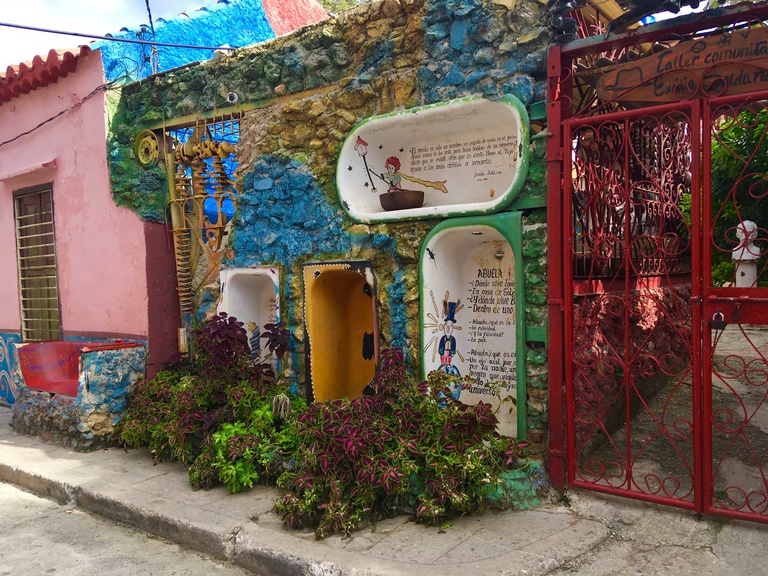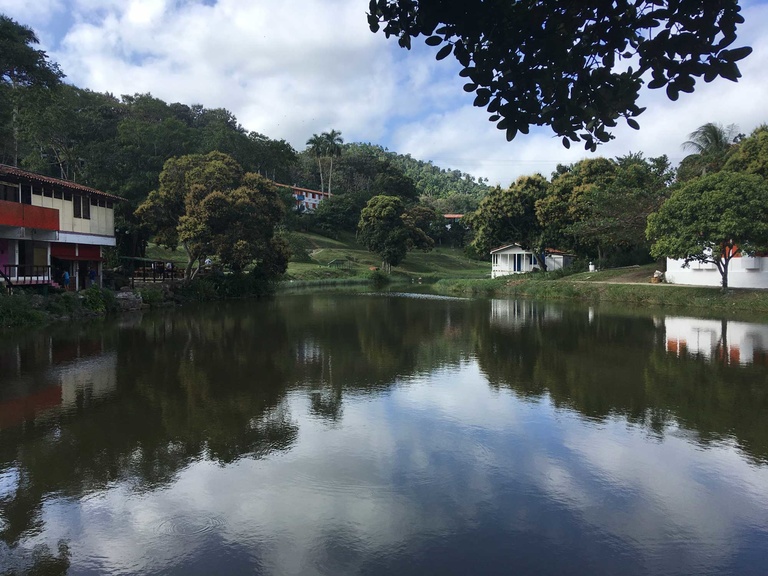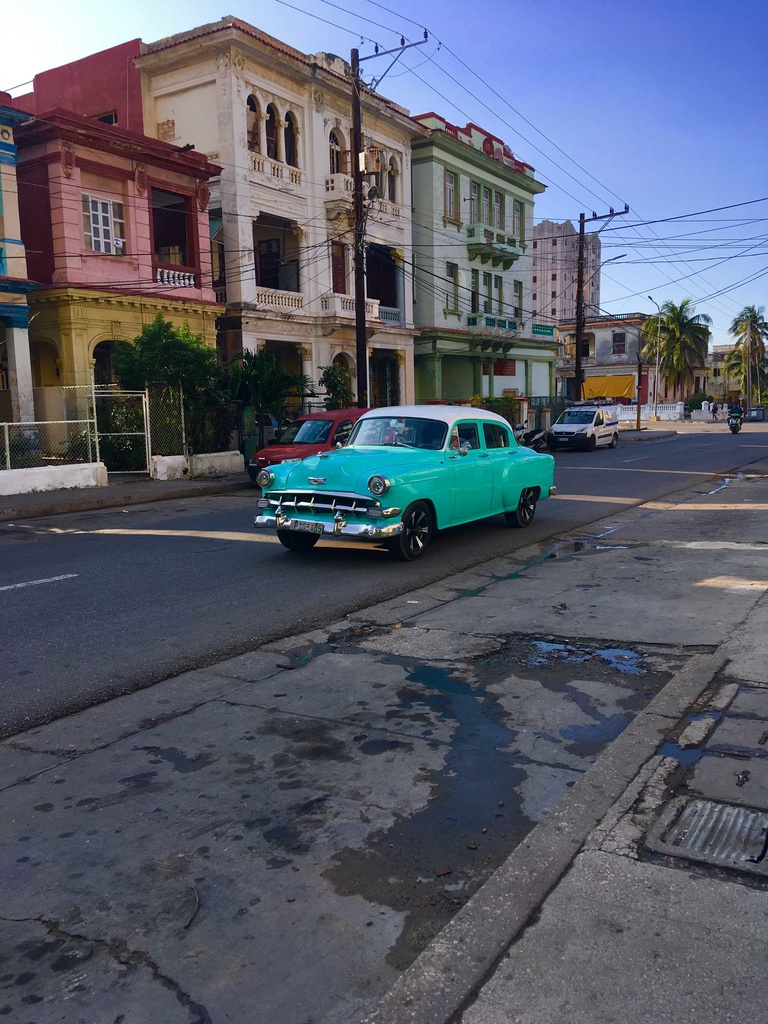
As many young people do, I always dreamed of studying abroad. Now, the problem for me was that I had absolutely no idea what I wanted to get out of a study abroad experience, apart from the actual traveling – you see, I had done the travel abroad thing before and had caught the so-called “travel bug”. The first thing you are supposed to do when determining how, when, and where to study abroad is to determine your goals for your experience so without one, I was at a bit of a standstill. I let this dilemma simmer until, all of a sudden, it was the summer before my senior year of undergrad and I had yet to study abroad. So I did what any panic-filled, suddenly rushed student should do and began looking into programs for winter break. Now, luckily for me, there were fewer programs offered over winter break and it was therefore much easier to determine which programs I was interested in and could apply for. There were a few programs that caught my eye, but one particularly snagged my attention: USAC’s Havana, Cuba program. As many may know, travel to Cuba is severely restricted. The opportunity to go to Cuba was staring me in the face and suddenly I had a very specific goal for my study abroad: see the United States, our political system, and our foreign policy from a completely different, and contradictory, perspective.
"Studying abroad is an amazing privilege; make sure you know what you want to learn from it."

After the application process was finished and I was set to go to Cuba I realized I was quite anxious about the trip. Not for any reason, but because there was such a lack of information about what exactly life in Cuba is like. We have a very specific narrative about Cuba, but I was not sure that our narrative was going to prove truthful, and just the fact that I was going there to study abroad seemed to break a lot of the stereotypes I had previously heard. Sure enough, once I arrived much of the information I had previously heard was disproved. Cuba does have working public infrastructure, Cuban food is just as vibrant and diverse as the food here, and – contrary to the research my mom did – Cuban breakfasts are hilariously large. I think, however, the most fascinating thing about our narrative about Cuba is that we present Cuba and Cubans as needing to be saved from their situation and America as the savior of the situation. Contrary to that belief, the blockade being enforced on Cuba by the United States is one of the main reasons that Cuban lifestyles are not as materially abundant as they could be. Cuban people supposedly live without food or medicine. While at face value that statement is false, the truth of such a statement lies in the fact that Cubans do not have access to the technology that we rely on for food and medicine because of the United States’ blockade. I experienced firsthand the culture and lifestyle of people in Havana, Cuba through local theatre performances, baseball games, various restaurants, meeting local artists, touring Universidad de la Habana, and a new salsa club. I was able to see how Cuban culture has grown and persevered through the embargo, while also recognizing how the embargo limits their culture.

The class I took in Cuba “Government and Politics in Latin America”, was fascinating. I learned a lot about the rise and fall of right- and left-wing governments in Latin America through my classes on human rights here at Iowa. In Cuba, this knowledge was expanded because of the contrary perspective of Cuban foreign policy. Often, the United States and Cuba have supported opposing governments in Latin American conflicts. “Government and Politics in Latin America” gave me new insight into the United States’ role in many of these conflicts, as well as provide more information about the opposing side of these conflicts.

My ultimate study abroad goal was to understand the United States and its history as Cubans see it, a perspective I assumed would be contrary to what we are taught in the United States about ourselves. I would definitely say that I accomplished my goals. I was able to see the effects of the embargo myself while also appreciating Cuban culture as it is. Through my classwork, I could identify differences in rhetoric and facts between the Cuban and American perspectives on Latin American governments and regime changes. If you ever have the chance to go to Cuba, you should 100% take it – it is impossible to go there and not learn more about yourself and how you are situated in the world. Studying abroad is an amazing privilege; make sure you know what you want to learn from it.